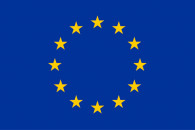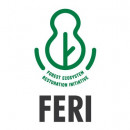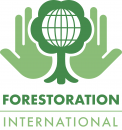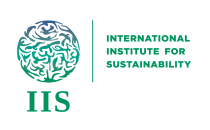WePlan – Forests: A decision support platform for the spatial optimisation planning of tropical forest ecosystem restoration
The Strategic Plan for Biodiversity 2011-2020 adopted at CBD COP 10 in 2011 established a set of twenty targets, the Aichi Biodiversity Targets. Two of the Aichi Biodiversity Targets refer to degraded habitats and ecosystems. Specifically, Target 5 states that by 2020 habitat degradation and fragmentation should be significantly reduced, and Target 15 refers to the need to restore at least 15% of degraded ecosystems. Parties to the CBD are expected to develop targets at the national level that contribute to achieving the Aichi Biodiversity Targets, as part of their National Biodiversity Strategies and Action Plans (NBSAPs). However, an assessment conducted in 2016 concluded that many of the national targets adopted in response to Aichi Biodiversity Target 15 lacked specificity (COP-13/CBD, 2016). This is likely to be an ongoing problem as new goals and targets are established under the Post-2020 Global Biodiversity Framework that is currently being developed.
In response to the need thus identified, the IIS AU and the IIS Rio, in partnership with the Convention on Biological Diversity (CBD) Secretariat, the Center for International Forestry Research and other stakholders aims to streamline access to spatial optimisation planning for forest ecosystem restoration.
The aim of this project is to offer to all developing country Parties to the CBD with tropical forest a Decision Support Platform (DSP) for multi-criteria spatial optimisation planning for forest ecosystems (WePlan – Forests). This can help countries to formulate more ambitious, realistic and specific forest ecosystem restoration plans and targets within their global commitments. Hence, the WePlan – Forests will be easy to use and be accompanied by training and tutorials that allow users to explore the information according to their needs.
The development of this project is generously supported by the European Union and by the Forest Ecosystem Restoration Initiative (FERI) which is supported by the Korea Forest Service of the Republic of Korea.
Related Content
09.09.20







